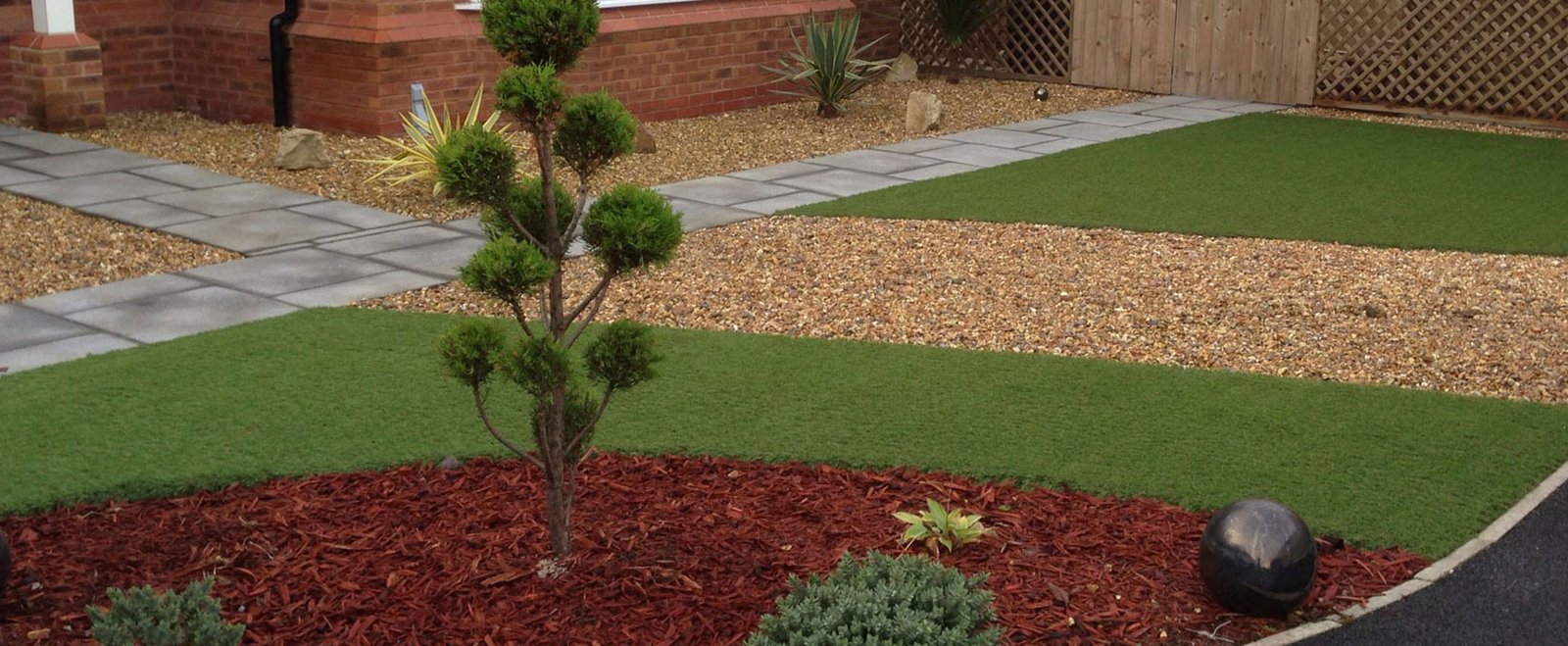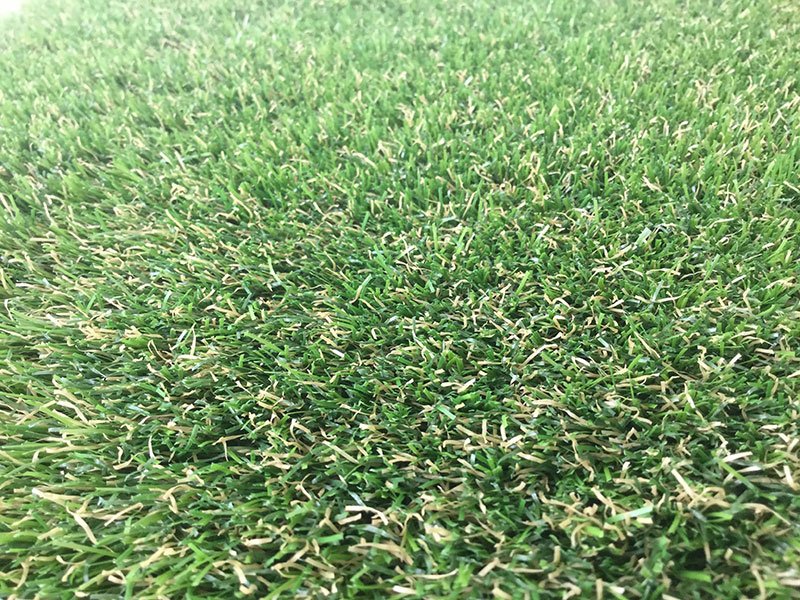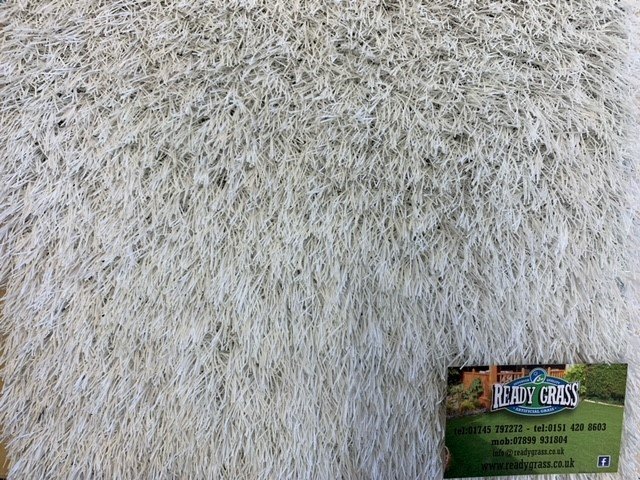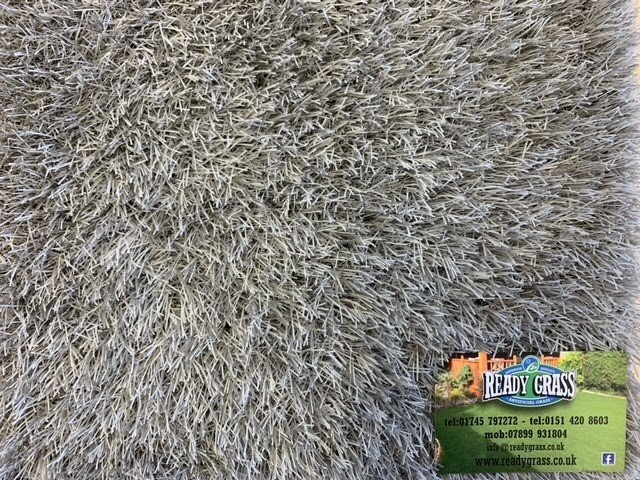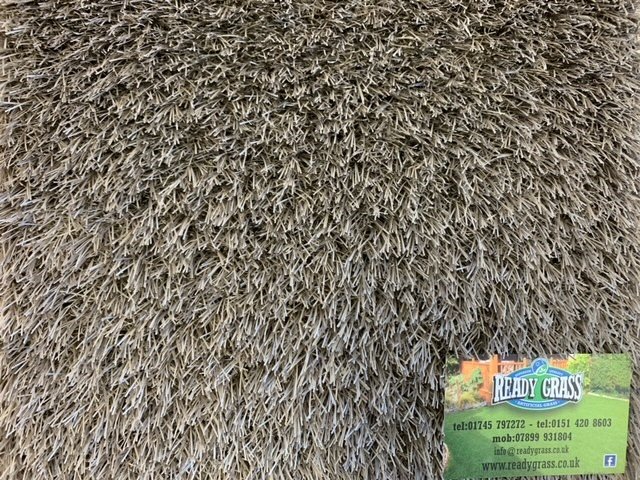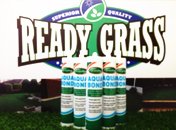Understanding Artificial Grass
Artificial grass has gained popularity in the UK over the last decade, but did you know that it can also be a cost-effective solution for your garden needs? Today, we delve deeper into the financial benefits of this modern innovation, uncovering how it saves costs in the long run compared to natural grass.
Definition and Types of Artificial Grass
Before diving into the financial advantages of artificial grass, let’s first understand what artificial grass is and the different types available in the market. Artificial grass, also known as synthetic turf, is a surface made from synthetic fibres to resemble natural grass. It comes in various types, such as nylon, polyethylene, and polypropylene, each with its unique advantages and best use cases.
How Is Artificial Grass Made?
The production process of artificial grass contributes greatly to its durability and long-term cost-effectiveness. It involves tufting synthetic fibres into a backing material, followed by adding an infill material to give the turf its unique, natural grass-like characteristics. The durability of the material ensures that it can withstand heavy use and weather changes, making it a worthwhile investment.
The Initial Costs of Artificial Grass
Installation Costs
The installation cost of artificial grass may initially seem high, but it’s crucial to view this expenditure in the context of its long-term benefits. The price depends on the size of the area, the type of artificial grass used, and the labour costs. However, once installed, artificial grass requires minimal upkeep, translating into lower costs over time.
Maintenance Equipment and Materials
Unlike natural grass, artificial grass requires minimal equipment and materials for maintenance, which already contributes to significant cost savings. There’s no need for lawn mowers, sprinkler systems, fertilisers, or weed control chemicals, reducing both upfront and ongoing costs.
Our grass
The Running Costs of Natural Grass Vs. Artificial Grass
Water Usage
One of the most significant running costs of maintaining a lawn is water, and here’s where artificial grass proves its cost-efficiency. According to Waterwise, UK households could use up to 70% of their water on garden irrigation during dry spells. Artificial grass, on the other hand, requires no watering apart from occasional rinsing for cleanliness, leading to substantial water bill savings.
Maintenance Costs (Mowing, Fertilising, etc.)
With artificial grass, regular mowing and fertilising become things of the past, resulting in substantial savings over time. Furthermore, there’s no need for aeration or dealing with pests, leading to less maintenance time and reduced costs.
Replacement and Repair Costs
The longevity and resilience of artificial grass greatly reduce the need for frequent replacements or repairs. Unlike natural grass that can wear out or get damaged, artificial grass stays green and pristine for many years, requiring replacement only after 10-15 years or more.
Case Studies: Real-world Cost Savings
Let’s take a look at some real-world examples where homeowners and businesses in the UK have benefited from the cost savings of artificial grass. For instance, numerous schools across the UK have reported savings in maintenance and water costs after switching to artificial turf. Similarly, homeowners have reported savings of hundreds to thousands of pounds per year.
Coloured turf
Environmental Impact and Additional Benefits
Water Conservation
Artificial grass not only saves money but also plays a significant role in conserving water. By reducing residential water use, homeowners with artificial lawns contribute to preserving this vital resource, especially important considering UK’s occasional water shortage issues.
Reduction in Use of Chemicals
By eliminating the need for fertilisers and weed killers, artificial grass contributes to a healthier and safer environment. This reduction in chemicals not only keeps your family and pets safe but also reduces the pollution of local waterways.
Additional Benefits (Pet-Friendly, Allergen-Free, etc.)
Beyond cost savings and environmental benefits, artificial grass provides a host of other advantages that add value to your investment. For instance, it’s pet-friendly, allergen-free, and requires minimal maintenance, making it an excellent choice for busy homeowners.
Is it time to switch to artificial turf?
While the initial investment in artificial grass may be substantial, the long-term cost savings, coupled with the environmental benefits, make it an attractive and smart choice for homeowners and businesses alike in the UK. It’s clear that the cost savings of artificial grass over time, the conservation benefits, and the convenience it provides are worth considering.
